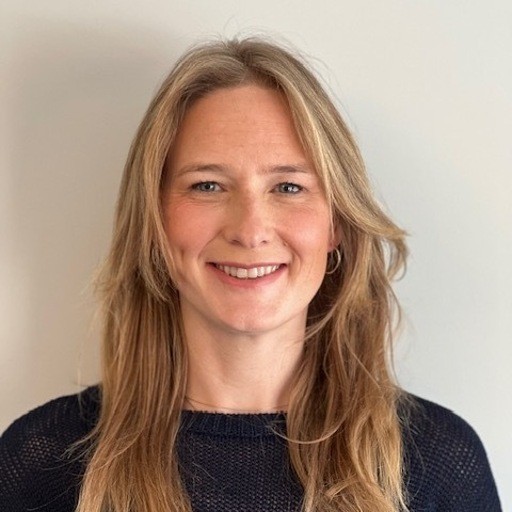In this article
Which Debts Should I Pay Off First to Improve My Credit Score?
In this article
Do you have several debts and you’re wondering which one to pay off first? Let’s look at the debts that make the most sense to prioritize paying off and how they can improve your credit
The simple answer to what debts you should pay off first is any debt that’s past due.
Payment history is the most important factor when it comes to your credit score. It’s ahead of credit utilization and credit mix. As such, you should prioritize making all your debt payments on time. And if you have any debt that’s past due, you should prioritize paying it up to date.
A prime lender won’t likely want to lend to you until all your payments are brought up to date. As such, you want to focus all your energy and cash flow on bringing any debts that are past due up to date and in good standing.
If you have any payday loans showing on your credit report, it’s best to focus on paying that off. The reason is because a payday loan doesn’t look the best on your credit history to lenders. If a lender sees a payday loan outstanding, it will raise all sorts of questions about the strength of your overall financial situation.
Why did you need a payday loan? Is it because of an unfortunate event in your life, or were you simply not able to manage your finances on your own? These are some of the questions lenders might ask if they see a payday loan on your credit report, so it’s best to pay it off.
Not only is it a good idea to pay off a payday loan because it doesn’t look good on your credit report, it’s probably costing you a lot in interest as well. It’s not uncommon for payday loans to come with an APR of 300% or greater. This will add up to a lot of interest over time if you fail to pay it off quickly, so it’s best to do so.
If you don’t have a payday loan, the next debt you should probably focus on paying off to improve your credit score is credit card debt. Outside payday loans, credit card debt is most likely the single most costly debt that you have.
When using your credit cards, before you swipe it you want to ask yourself, will I have the money to pay off my balance in full at the end of the month? If the answer is no, then you shouldn’t be buying the good or service.
Sometimes you have an emergency. Your furnace might decide to go on strike or the car might break down. Ideally, you have emergency savings to cover those one-time surprise expenses. However, if you haven’t had enough time to save a large enough emergency fund or you have multiple financial emergencies that happen at the same time (the furnace and your car break down at the exact same time), that’s when you might use your credit card to get by.
If you do that, just make sure you make at least the minimum payment. Ideally, you want to be paying a lot more than that. However, by making the minimum payment, you’ll be protecting the most important factor when it comes to your credit score, your payment history.
However, even if you make your credit card payments on time, your credit score can still be lower. This often happens when you carry a large balance on your credit card.
You want to aim to have a balance no bigger than 30% of your available credit. That means if the credit limit on your credit card is $5,000, the balance should be no higher than $1,500. If your balance exceeds that, you want to aim to pay it down until it doesn’t. Your credit score should improve after that, assuming you continue to make all your payments on time.
Once your credit card debt is paid up to date and the utilization is below 30%, next you can focus on paying down any line of credit debt.
There are two types of lines of credit: secured and unsecured. Secured means it’s secured by something like your home or car. An unsecured one means that it’s not secured by anything.
An unsecured line of credit almost certainly comes with a higher interest rate than a secured line of credit since there isn’t an asset backing it up. As such, you’ll want to prioritize paying any unsecured line of credit with an outstanding balance.
Again, you want to make all payments on time for any line of credit, secured or otherwise. However, with any extra cash flow that you have, you can put it towards paying down the unsecured line of credit, since it most likely comes with a higher interest rate.
Tassie heads up ClearScore Canada. She lives in Toronto with her husband and two young boys. In her free time, she can be found at the family lake house or playing ball hockey.
